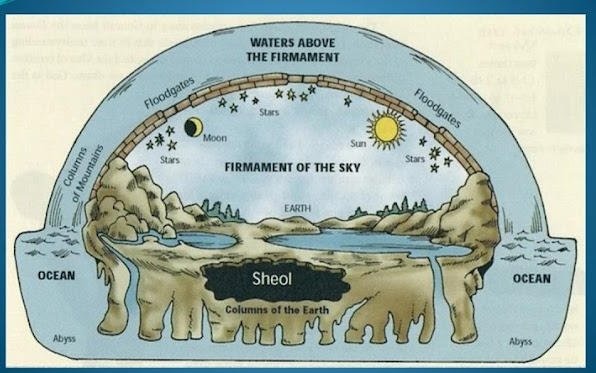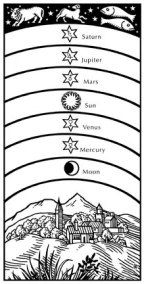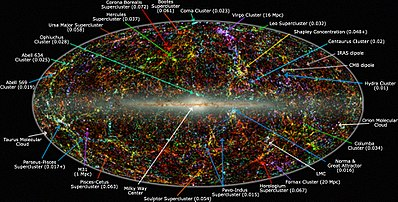Booker
All-Pro
Online
Yes, religion has a habit of moving the goalposts whenever something contrary to their belief is proven or provided. I'm thinking that the line would be "God created the universe and inhabited it with beings after his image, but his image is always changing and is perceived differently by many.".
They may feel compelled to "save the heathens". We may all fall victim to their version of smallpox.
You should try the NOG (name of god) translation on a bible website sometime -- it's interesting to see how "God" evolved from El to El Elyon to Elohim to Yahweh, and all the little clues referencing polytheism and other gods as it evolved towards monotheism.
Btw, I haven't read it, but this book literally came out a month ago...
Amazon product ASIN 1838239154
How big is the universe? Does intelligent extraterrestrial life exist somewhere in the universe? If so, how much extraterrestrial intelligent life (ETI) might there be? And if it is there, is it moral? Would they have a religion? And what would their existence say about human religions, theology, and beliefs?
In short, is the existence of ETI incompatible with the belief in God, with certain religions and their theologies?
These are the questions that Pearce (a philosopher) and Adair (a scientist who has worked on SETI - the search for ETI) seek to answer in this book. They take a close aim at Christian theology, focusing on previous claims of prominent astrotheologians who claim that there are no considerable problems that ETI existence causes for their belief systems. Pearce and Adair, however, show in this wide-ranging book (that touches on science, philosophy, psychology, and theology) that Christian (and other religious) belief is indeed threatened by the existence of ETI.
Would aliens be fallen creatures, requiring salvation through atonement and the resulting incarnation of God? Would one Jesus suffice, or would the universe require trillions of Jesuses, many existing simultaneously? This, and many other such questions are discussed in this engaging book that adds to the growing discipline of astrotheology (and perhaps astro-atheology).



